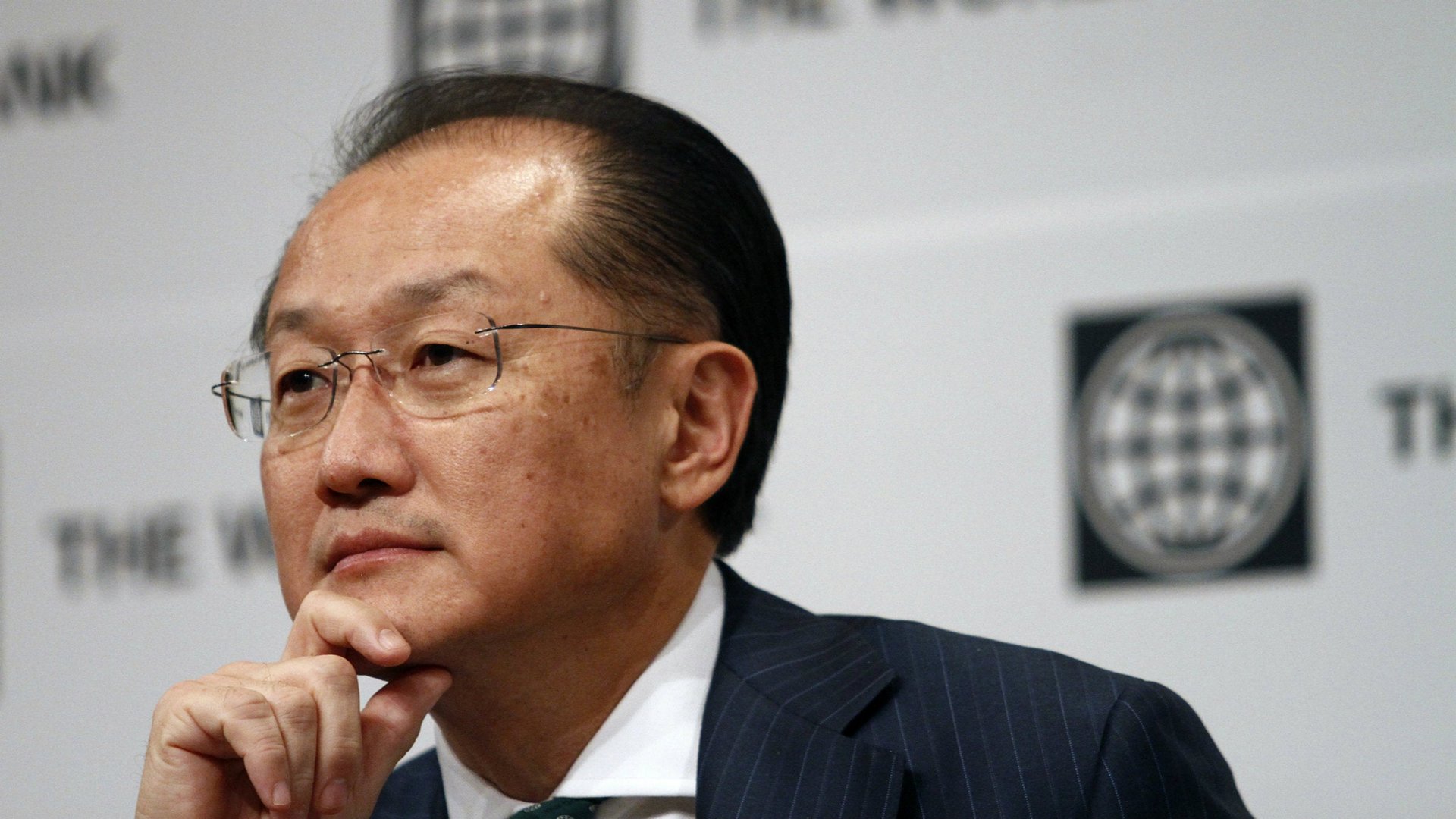Why is the World Bank investing in luxury resorts instead of development projects?
The Mövenpick Ambassador Hotel Accra seems like a very nice place to stay, if you’re looking for five-star accommodations in the capital of fast-growing Ghana. But you might be surprised to know that the kind of hotel that inspires complaints like this—”I stayed in this hotel for seven weeks running up a bill of over US 20,000 dollars, yet at no time did any senior management member say hello to me”—was financed by the World Bank, one of the world’s preeminent poverty fighting organizations?


The Mövenpick Ambassador Hotel Accra seems like a very nice place to stay, if you’re looking for five-star accommodations in the capital of fast-growing Ghana. But you might be surprised to know that the kind of hotel that inspires complaints like this—”I stayed in this hotel for seven weeks running up a bill of over US 20,000 dollars, yet at no time did any senior management member say hello to me”—was financed by the World Bank, one of the world’s preeminent poverty fighting organizations?
It’s true, and it’s not unusual. The culprit in this case is the International Finance Corporation, a kind of subsidiary of the World Bank dedicated to supporting private enterprise in developing economies. The problem, as detailed in a 2011 audit (pdf) and now in a new ProPublica story, is that the IFC mostly works with well-capitalized multinationals and it’s unclear, and unlikely, that its efforts are helping develop the local economy:
In case after case, the verdict was the same: The IFC likes to work with huge corporations, funding projects these companies could finance themselves. Its partners are billionaires and massive multinationals, from oil giants like ExxonMobil to Grupo Arcor, the huge Argentine candy-maker. Its projects include not only glitzy hotels and high-end shopping malls, but also gritty gold and copper mines and oil pipelines, some of which end up benefiting the very corrupt, authoritarian regimes that the rest of the World Bank is urging to change. Nearly a quarter of the IFC’s paid-in capital from member governments—now standing at $2.4 billion—came from U.S. taxpayers, and every president in the World Bank’s 69-year history has been an American. But the United States has had little complaint with these practices, even when they have become a subject of public controversy.
The IFC, which made $15 billion in loan commitments in 2012, isn’t as large as the World Bank’s primary lending group, the International Bank for Reconstruction and Development, which made some $20 billion in commitments to more traditional development programs in the same time period, but it is faster-growing: The IFC’s ability to garner corporate-returns with non-profit capital make it more of a profit-center than its IBRD counterparts.
It’s not clear whether or how new World Bank President Jim Yong Kim will seek to reform the IFC to focus it more directly on the World Bank’s mission, and the IFC has disputed ProPublica’s characterization of its work. But while the IFC’s financial success may make it easy to ignore, the problems it creates for the World Bank’s brand may be a bigger issue. The reporter who wrote ProPublica’s expose talked to poor Ghanians outside the IFC’s office who had never heard of the World Bank—even as the Bank made a record $350 million in new development loans to the country last year.